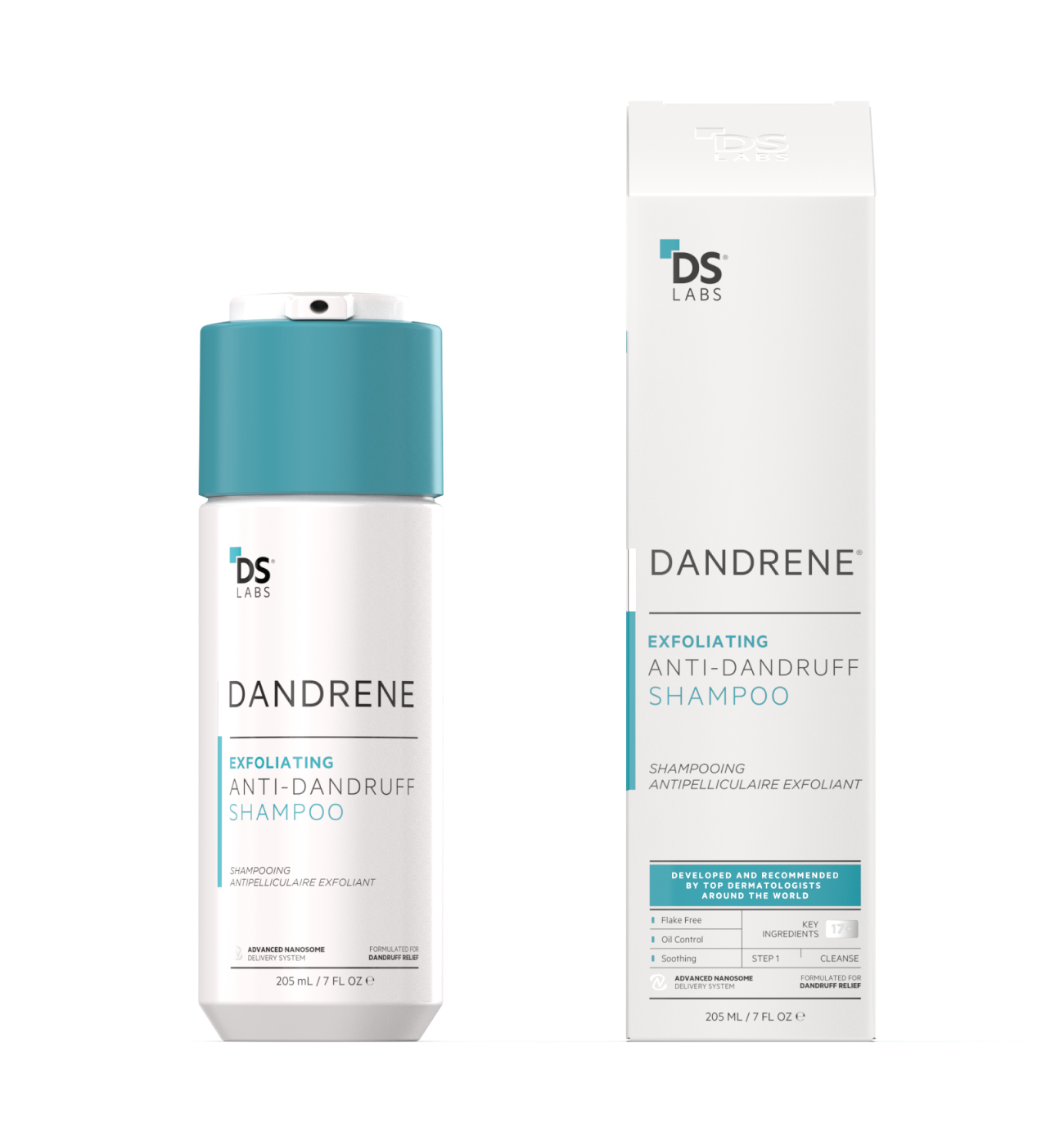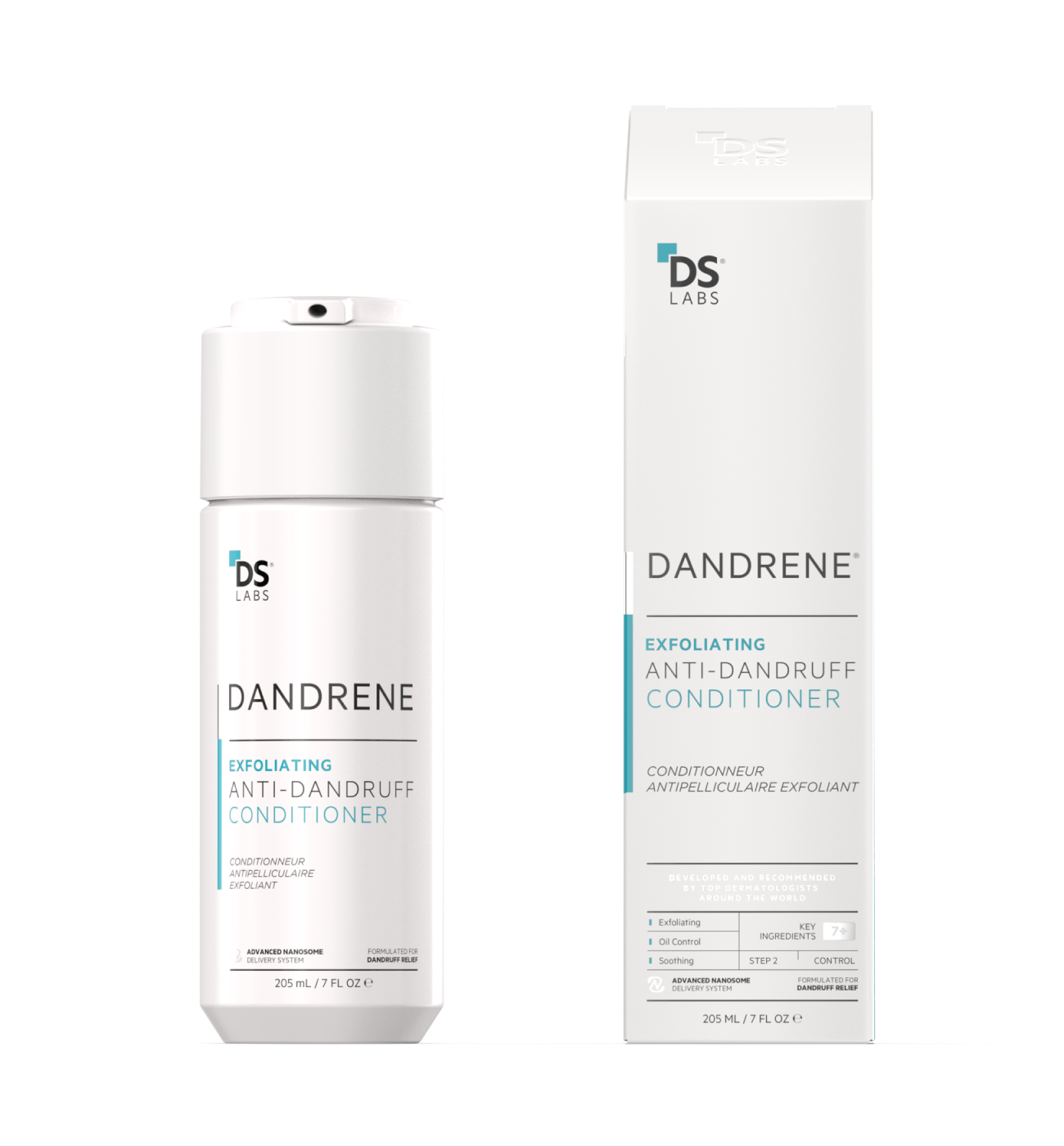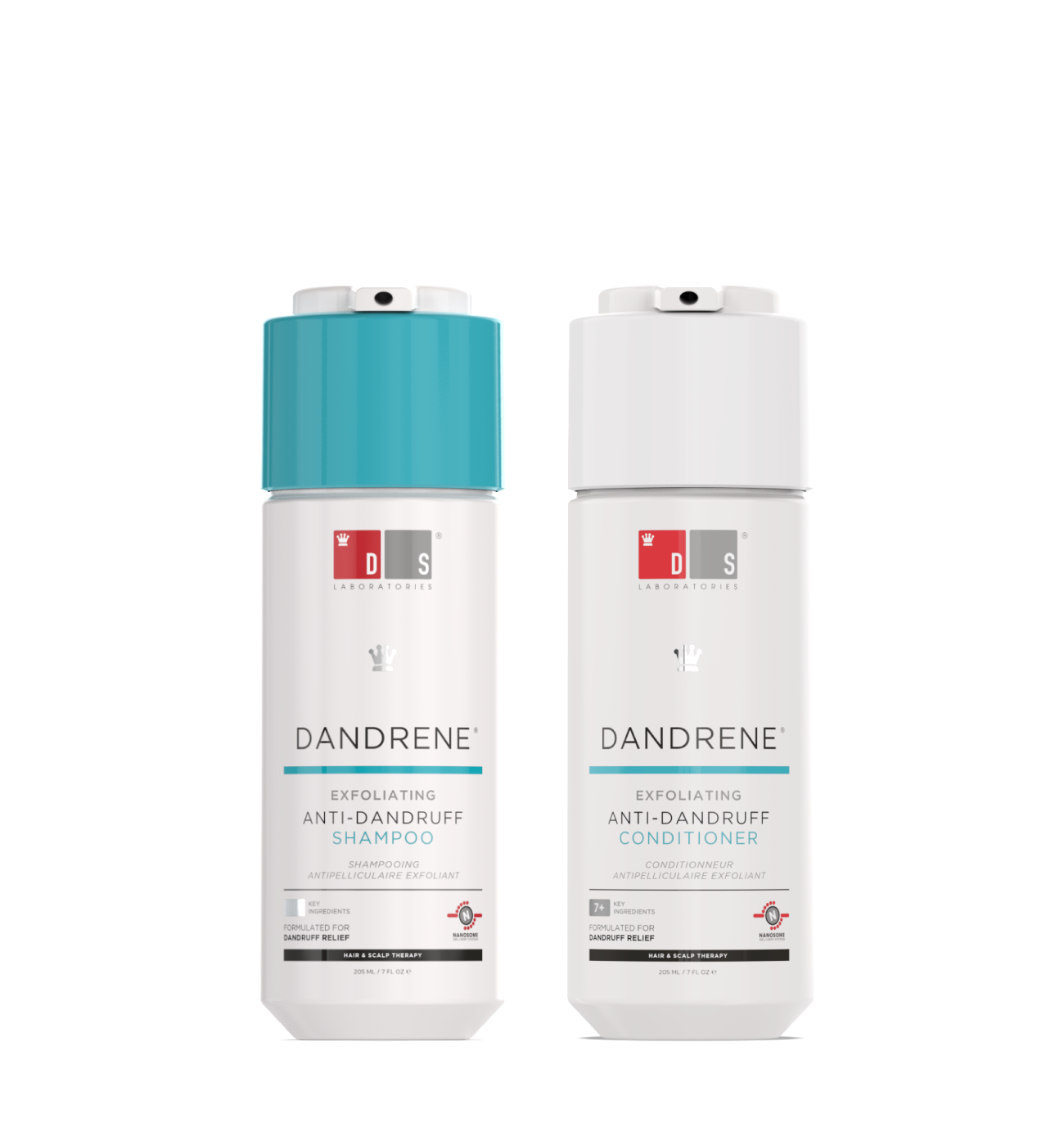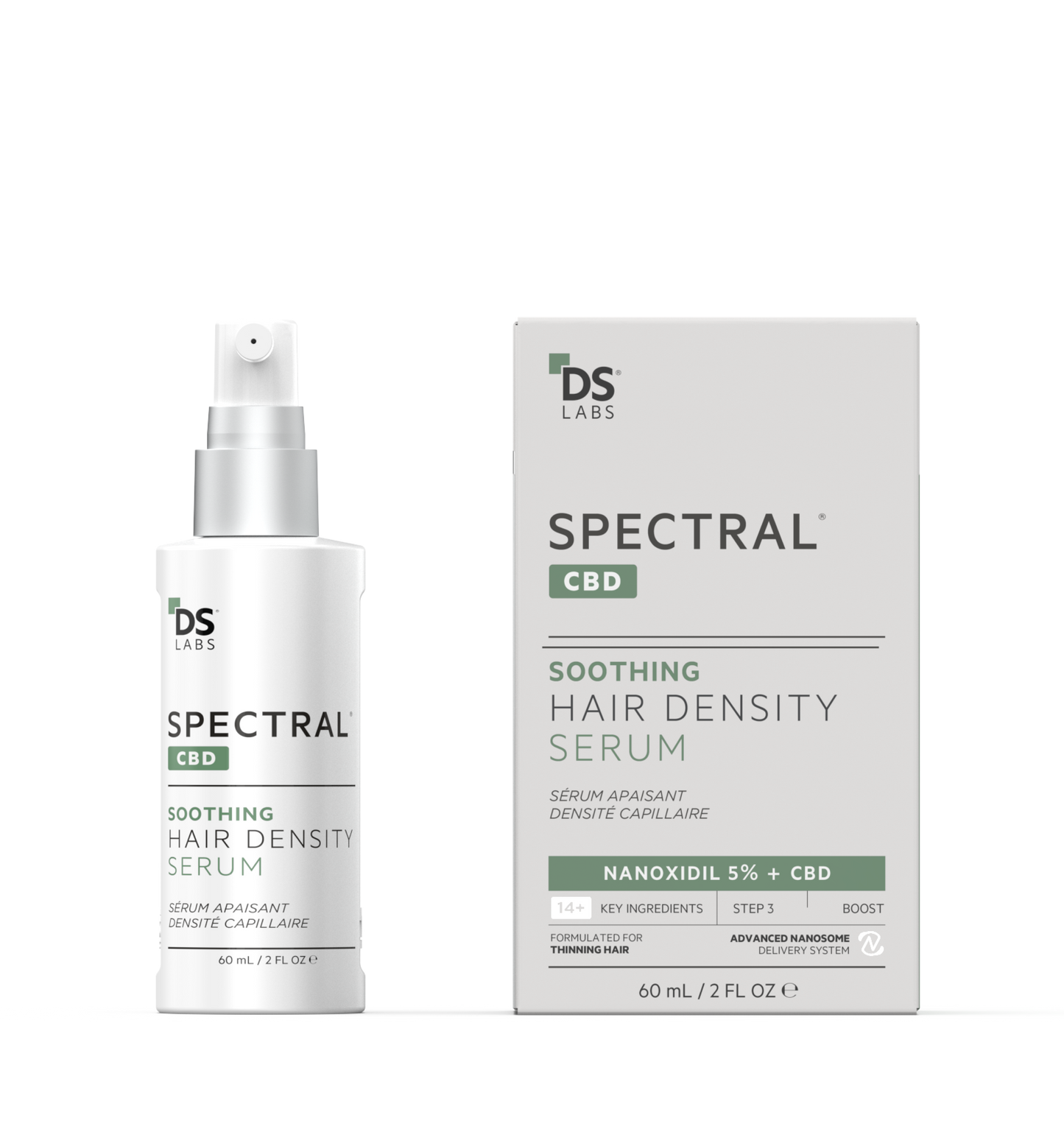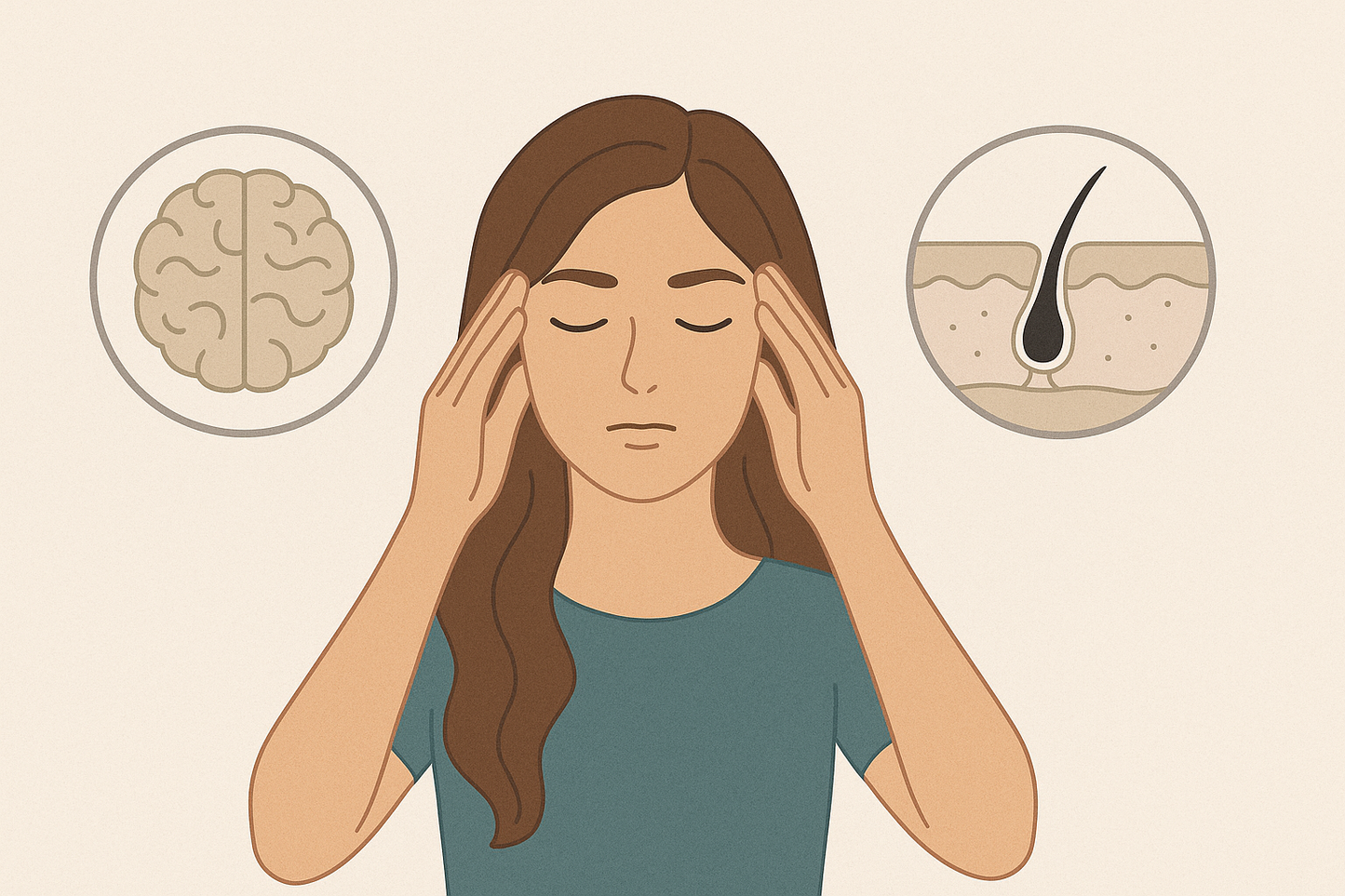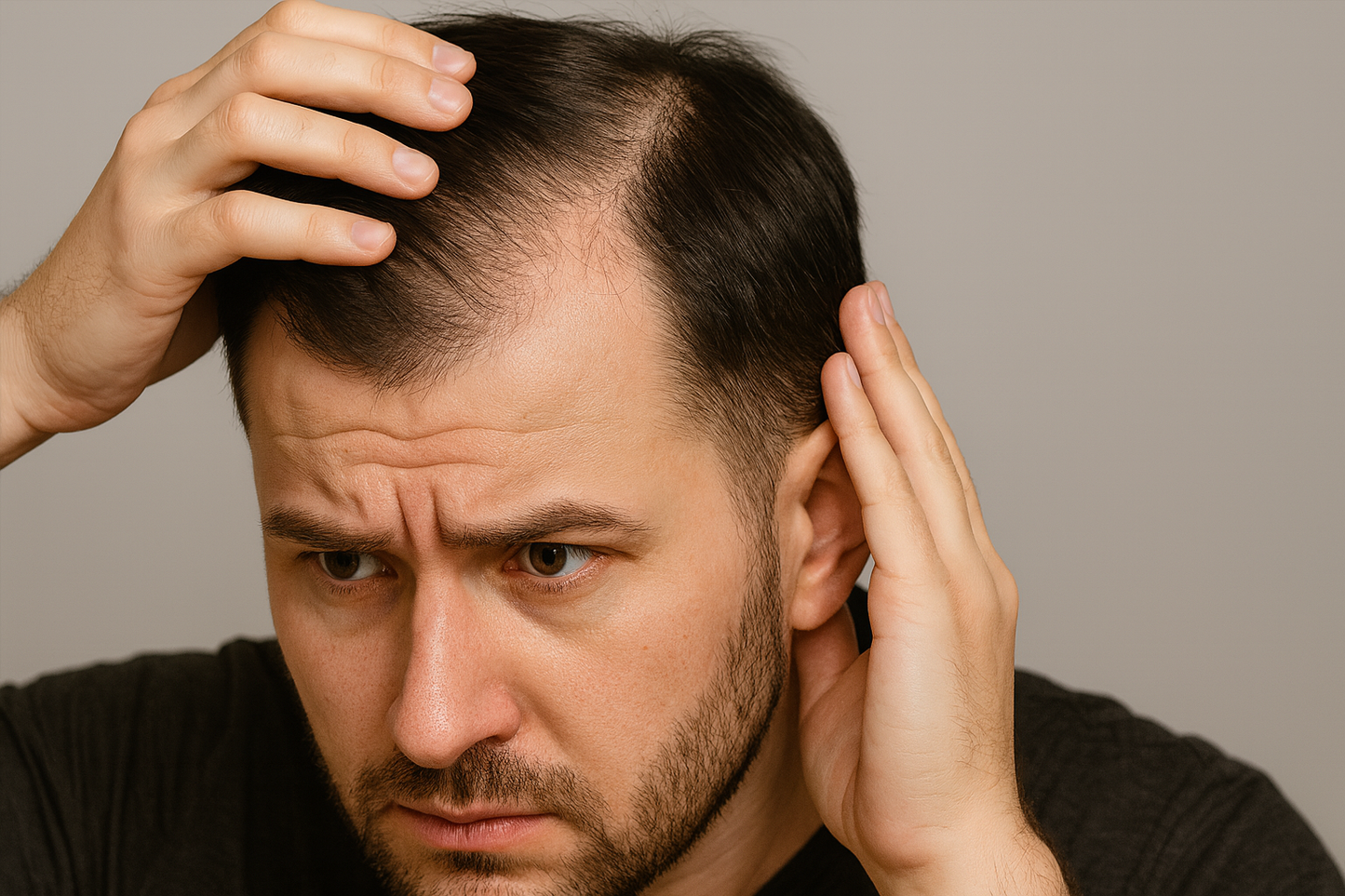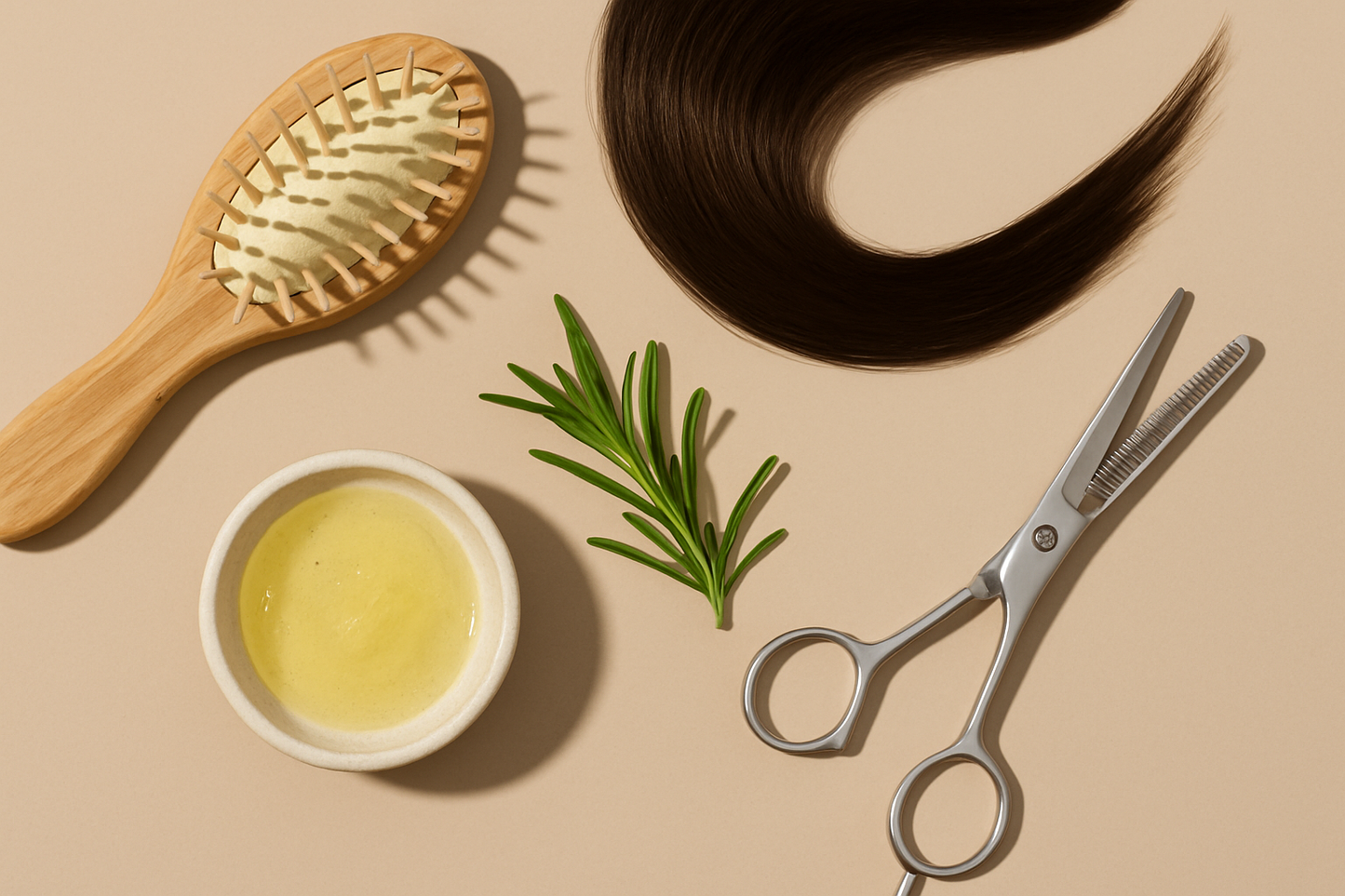We’ve all heard of the benefits of exfoliation for a gorgeous, healthy, glowing complexion. But how many of us know how important exfoliation is for our hair?
Your scalp is also skin. It contains sebaceous glands that produce oil or sebum just like the skin on your face or any other part of the body. It also contains thousands of follicles — the small sac of fluids from which hair strands grow — that require care and maintenance to produce healthy hair follicles.
Scalp exfoliation is an obvious but often overlooked way to ensure luscious locks.
Take a look at the many benefits this simple haircare step can offer.
Benefits of Scalp Exfoliation
Scalp exfoliation is a soothing and rejuvenating way to invigorate our scalp.
It can help you get rid of dead skin cells, oil, or sebum, and even product buildup, which can clog your hair follicles, weigh your hair down, and inhibit hair growth. Clogged and blocked hair follicles can also cause inflammation and hinder hair growth.
Scalp exfoliation is a necessary step to encourage healthy new cells and ensure shiny, healthy hair from the roots down to the tips.
Scalp exfoliation typically involves a scalp massage, which when paired with serums or oils can help deliver more nutrients to your scalp and improve hair thickness and growth.
Regular exfoliation can also help lower the enzyme population on your scalp, which is associated with a higher hair shedding rate. It encourages cellular turnover on your scalp for healthier hair growth.
Scalp exfoliation can also enhance product effectiveness. When your scalp isn’t subjected to build-up, your hair products don’t face resistance in penetrating the scalp. This helps it to get deep into the dermis to provide you with better results.
Who Should Exfoliate Their Scalp?
Everyone.
A healthy scalp is necessary if you want healthy hair. Scalp exfoliation is especially helpful for those who use a lot of hair products, are seeing hair loss or poor hair growth, or have dandruff or flakes, and itchy, dry scalp with oily hair.
However, if you have open wounds on your scalp like cuts and sores, lice, an active infection like ringworm, or have sensitive skin, it's best to steer clear of exfoliation.
If you notice any type of discomfort, swelling, irritation, flakiness, redness, or even tightness in your scalp, consult a doctor before starting an exfoliation regime.
Tips for Effective Scalp Exfoliation
Exfoliation combines the best of both worlds — scalp massage and skin treatment — to give you healthier, shinier hair.
Here’s how you can properly exfoliate your scalp:
1. Use A Scalp Serum
To kickstart your exfoliation process, apply a scalp serum before showering and massage gently. It will add moisture to your scalp and hair and create a healthy hair environment.
2. Lather Up
Use a clarifying shampoo to help remove buildup. Make sure to massage it thoroughly and follow up with a conditioner to restore the moisture lost from shampooing.
3. Use Scalp Scrubs
Apart from a clarifying shampoo, scalp scrubs such as those made with salts or sugars are also highly effective at removing product build-up.
4. Be Gentle
When massaging your scalp serum, shampoo, or scrub, be as gentle as possible. You don’t want to irritate your scalp. Use the ball of your fingers or a scalp exfoliation brush to lightly exfoliate your scalp in small circular motions. It will loosen up dead skin cells and stimulate blood flow to boost blood circulation.
Physical vs. Chemical Exfoliants
There are two ways to exfoliate your scalp — physical and chemical.
Physical exfoliants include scalp exfoliating brush and scrubs. The exfoliating scrubs usually use ingredients like sugar or sea salt. They need to be massaged into your scalp using fingers or a scalp massager to remove dead skin cells. They work best for sensitive and irritated scalps.
Chemical exfoliants, on the other hand, contain active ingredients like chemicals and enzymes that can exfoliate your scalp to remove debris without the need for massages. Chemical exfoliation can be quite potent and can compromise the health of your scalp. Make sure you read the label to understand how to use it beforehand.
Word to the Wise
Over-exfoliation or exfoliating incorrectly can compromise your scalp health. Here’s how you can prevent any negative effects of scalp exfoliation:
- Exfoliate no more than once or twice per week. Any more than that, and you may cause your scalp to become sensitive and/or over-produce oil.
- Limit the use of clarifying shampoos. They can strip your hair of natural oils, which can leave your strands looking and feeling dry.
- Protect your scalp from direct exposure to the sun. You can use a specifically formulated SPF spray and/or wear a hat.
The Takeaway
Exfoliation is a great way to keep your scalp clean, fresh, and healthy. Find the right exfoliation routine for your scalp concerns and be gentle with your scalp and hair.
And if you have scalp issues such as excessive dandruff and oily hair or skin conditions like eczema or psoriasis, it’s best to consult a dermatologist before trying to exfoliate your scalp. They’ll check your scalp and recommend prescription products and treatments accordingly.



